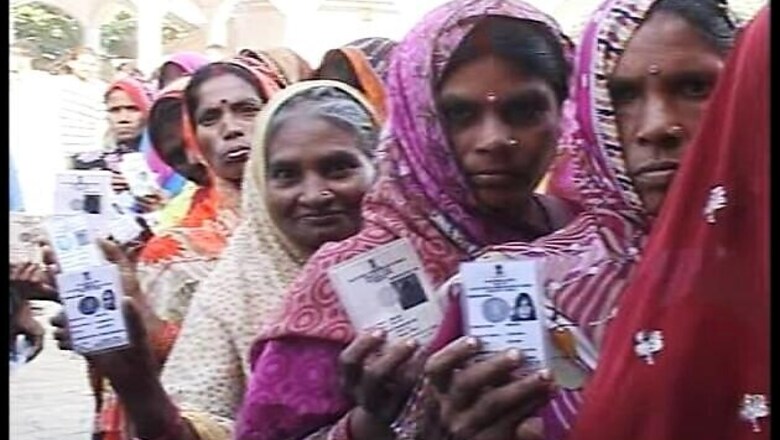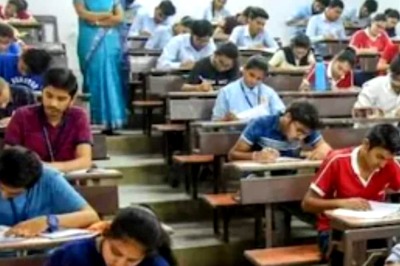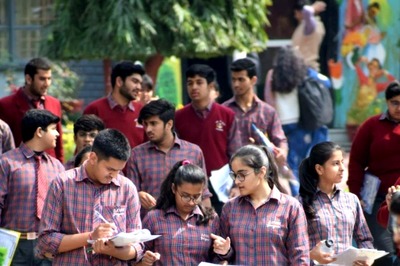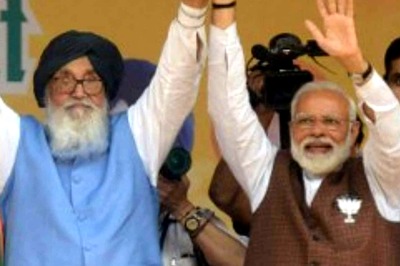
views
New Delhi: In another landmark verdict on India's electoral system, the Supreme Court on Friday recognised the right to negative vote for the electorate in the country. Directing the Election Commission of India to have a "none of the above" button on electronic voting machines (EVMs)and ballot papers which can be used by the voters to reject all the candidates contesting elections in a constituency, the Supreme Court also said that secrecy of vote where "none of the above" is exercised should be maintained.
While delivering the verdict the Supreme Court said that this move will go a long way in cleansing the political system of the country. According to the Suoreme court order negative voting will foster purity and vibrancy in elections as at the end of the list of candidates in electronic voting machines (EVMs) and ballot papers, the electorate will have the option of "none of the above" which will give them an option to reject all those contesting polls.
"Negative voting will lead to systemic change in polls and political parties will be forced to project clean candidates. If the right to vote is a statutory right, then the right to reject candidate is a fundamental right of speech and expression under Constitution," the court said.
The apex court also pointed out that democracy is all about choice and significance of right of citizens to cast negative voting is massive. With the concept of negative voting, the voters who are dissatisfied with the candidates in the fray would turn up in large number to express their opinion which would put unscrupulous elements and impersonators out of the polls, it said.
The bench, while reading out the operative portion of the judgement, did not throw light on a situation in case the votes cast under no option head outnumber the votes got by the candidates.
The order was passed by a bench headed by the Chief Justice of India P Sathasivam which also pointed out that the system of negative vote in available in 13 countries. The bench also said that even in Parliament the MPs have a choice to either vote in favour of, or against, or abstain.
The system is likely to be implemented from the next Assembly polls in five states - Delhi, Rajasthan, Madhya Pradesh, Chhattisgarh, Mizoram - scheduled to be held later in 2013. The apex court had been hearing the case for the last nine years after the People's Union for Civil Liberties decided to seek legal recourse and filed the case in 2004.
The Aam Aadmi Party, which has been calling for electoral reforms and has been claiming that it will field only candidates with clean image, welcomed the Supreme Court order. "It is important for people to have a right to reject candidates. This will reflect the will of people. There is a lot of apathy within the people. Right now money and proximity to senior party members is needed to contest elections. This move will bring a change leading to an opportunity for deserving candidates to contest polls," Aam Aadmi Party member Shazia Ilmi said.
"It was a long awaited judgement. If people have a right to chose they must have a right to chose whether what is being offered to them is adequate for them not," another Aam Aadmi Party member Yogendra Yadav said.
Former chief election commissioner Navin Chawla called it a huge step in ensuring a better electoral system. "This is a welcome decision. We have been asking for this for a long time from the government. It has to be seen if it can be implemented as early as the next Assembly elections. But I am hopeful that it will be implemented in the 2014 general elections," said Chawla.




















Comments
0 comment